To Muxammad
my eldest brother
and trusted counsellor
Living begins when you start doubting everything that came before you,
Socrates
The germs of Maps developed in the soil of my mind as germs generally do, although as a necessary ingredient of its culture. I introduced various organisms from other bacteria grown in other brains, other earths. Obviously, it is an impossible task to name all my sources. However, prominent among these are The Wise Wound by Peter Redgrove and Penelope Shuttle (Routlege & Kegan Paul Ltd) and The Epic in Africa by Isidore Okpewho (Columbia University Press).
I would also like to take this opportunity to thank the Dean of the Faculty of Arts, University of Jos, Nigeria, from whom I received much help and encouragement when, for two academic years, 19811983, I was attached to the Department of English as Visiting Reader. It was during this period that I wrote not only a full-length play but also the first version of Maps. However, when doing this final version, I was given generous moral and material assistance from my good friends Lenrie Peters, Liz D., Hewit, and Dr. Ogba to whom my thanks.
Nuruddin Farah
No children for me. Give me grown-ups.
Charles Dickens
 I
I
You sit, in contemplative posture, your features agonized and your expressions pained; you sit for hours and hours and hours, sleepless, looking into darkness, hearing a small snore coming from the room next to yours. And you conjure a past: a past in which you see a horse drop its rider; a past in which you discern a bird breaking out of its shell so it will fly into the heavens of freedom. Out of the same past emerges a man wrapped in a mantle with unpatched holes, each hole large as a window and each window large as the secret to which you cling as though it were the only soul you possessed. And you question, you challenge every thought which crosses your mind.
Yes. You are a question to yourself. It is true. Youve become a question to all those who meet you, those who know you, those who have any dealings with you. You doubt, at times, if you exist outside your own thoughts, outside your own head, or Misras. It appears as though you were a creature given birth to by notions formulated in heads, a creature brought into being by ideas; as though you were not a child born with the fortune or misfortune of its stars, a child bearing a name, breathing just like anybody else, a child whose activities were justifiably part of a peoples past and present experience. You exist, you think, the way the heavenly bodies exist, for although one does extend ones finger and point at the heavens, one knows, yes thats the word, one knows that that is not the heavens. Unlessunless there are, in a sense, as many heavens as there are thinking beings; unless there are as many heavens as there are pointing fingers.
At times, when your uncle speaks about you, in your presence, referring to you in the third person and, on occasion, even taking the liberty of speaking on your behalf, you wonder if your existence is readily differentiable from creatures of fiction whom habit has taught one to talk of as if they were ones closest of friends creatures of fiction with whose manner of speech; reactions to situations; conditions of being; and with whose likes and dislikes ones folk-tradition has made one familiar. From your limited knowledge of literature, you feel you are a blood relation of some of the names which come to mind, leap to the tongue at the thought of a young boy whose name is Askar and whose prodigious imagination is capable of wealthy signs of precocity because you are this young boy!
As you sit contemplatively, your mind journeys to a region where there were solid and prominent shadows which lived on behalf of others who had years before ceased to exist as beings. As you sit, your eyes open into themselves, the way blind peoples eyes tend to. Then you become numb of soul: in other words, you are not yourself not quite yourself anyway The journey takes you through numerous doorways and you are enabled to call back to memory events which occurred long before you were a being yourself. Your travel leads you through forests without any clearing, to stone steps too numerous to count, although when you reach the highest point, your exhaustion disappears the instant you see an old man, grey as his advanced years, negotiate the steps too. You remember now, that in the wake of the old man there was a girl, barely seven, following the old man as a goat follows a butcher, knowing what knives of destiny await it.
And you!
You! You who had lain in wait, unwashed, you who had lain unattended to at birth. Yes, you lay in wait as though in ambush until a woman who wasnt expecting that you existed walked into the dark room in which you had been from the second you were born. You were a mess. You were a most terrible sight. The woman who found you described the chill of that dark room as a tomb. To her, the air suggested the dampness of a mortuary You cried at her approaching and wouldnt be calmed until she dipped you in the bathtub she had filled with warm water. Then she fed you on a draught of goats milk Did anyone ever tell you what you looked like when the woman discovered you that dusk some eighteen years or so ago? No?
You wore on your head a hat of blood which made you look like a masked clown. And around your neck there were finger-stains, perhaps your mothers. (Nobody knows to this day whether she tried to kill you or no.) You displayed a nervous strain and you began to relax only when embraced either by another person or dipped in warm water. When you didnt cry, you searched, with your hands up in the air, for someone to touch.
When day broke, once the woman had shared the secret of her discovery with a few of the other neighbours, the men took over and they prepared your mother for burial Alone with you, Misra noticed that your eyes were full of mistrust. They focused on her, they stared at her hands suspiciously! Your eyes, she would say years later, journeyed through her, they journeyed beyond her, they travelled to a past of unfulfilled dreams: in short, your stare made her feel inadequate. There was an element of self-consciousness in the small thing I had found, she said. It was so self-conscious it moved its hands as though it would wipe away the mess it had been in; it moved its eyes, when not staring at me, she continued, as though to apologize for its shortcomings. And what eyes! What hands!
It was not long before you tasted in Misra a motherliness which reab-sorbed you, a motherliness in whose tight, warm embrace you felt joyous one second, miserable the following instant. Again, you would try to make contact and when she did her best to return it, you would appear startled and ready to withdraw, you would shun any contact with her completely and move away. She helped you minimize lifes discomforts. She groaned with you when you moaned constipatedly; she helped you relieve yourself by fondling you, touching you and by telling you sweet stories, addressing you, although you were a tiny little mess of a thing, as my man, my darlingest man, or some such endearments which would make you feel wanted, loved and pampered.
In her company, you were ecstatic there was no other word for it. Yes, you were visibly ecstatic. And you were noisy. You displayed your pleasures with the pomp and show one associates with the paranoid among kings. But then you could be quiet in her embrace too, reflective and thoughtful so thoughtful that some of the neighbours couldnt believe their eyes, watching you pensively quiet, your eyes bright with visions only you could see. It was when she wasnt there, when you missed her presence, when you couldnt smell her maternal odour, it was then that you cried and you put your soul into crying. appearing as though possessed, looking satanically agitated and devilishly messy. Upon returning from wherever she had gone, she would dip you wholly in water, scrub you and wash you with the same devotion as she might have used when cleaning the floor of her room. The community of relations decided that Misra, the woman who once was a servant, would mother you. One thing ought to be said here you were the one who made the choice the community of relations had to approve of; you, who were barely a week old. And Misra agrees with this statement. So, begrudgingly, would Uncle Qorrax in Kallafo.

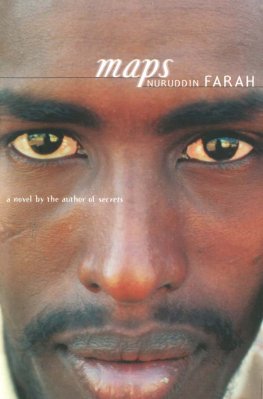
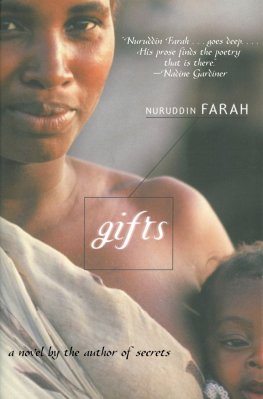
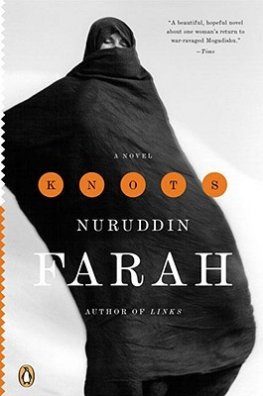
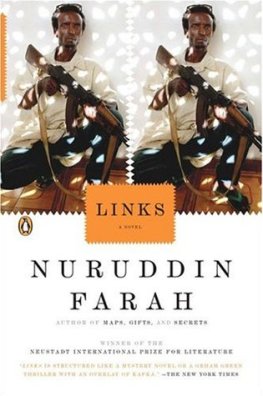
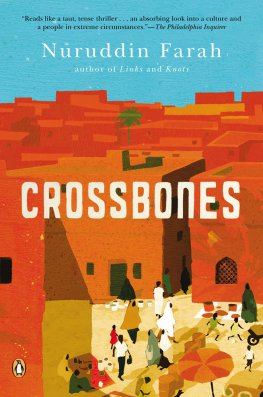
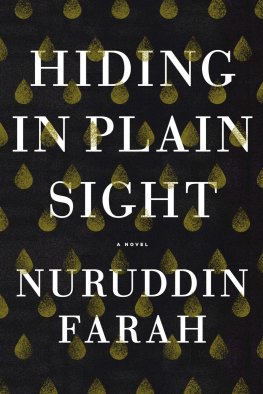
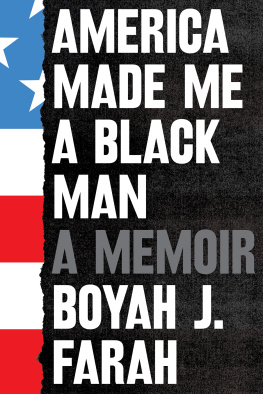

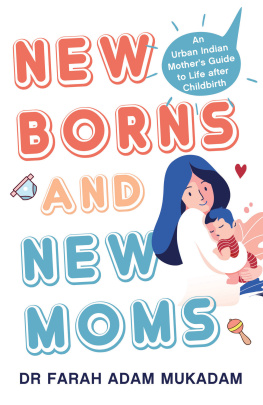

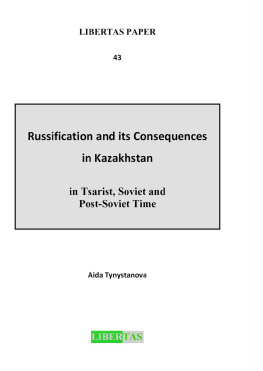

 I
I